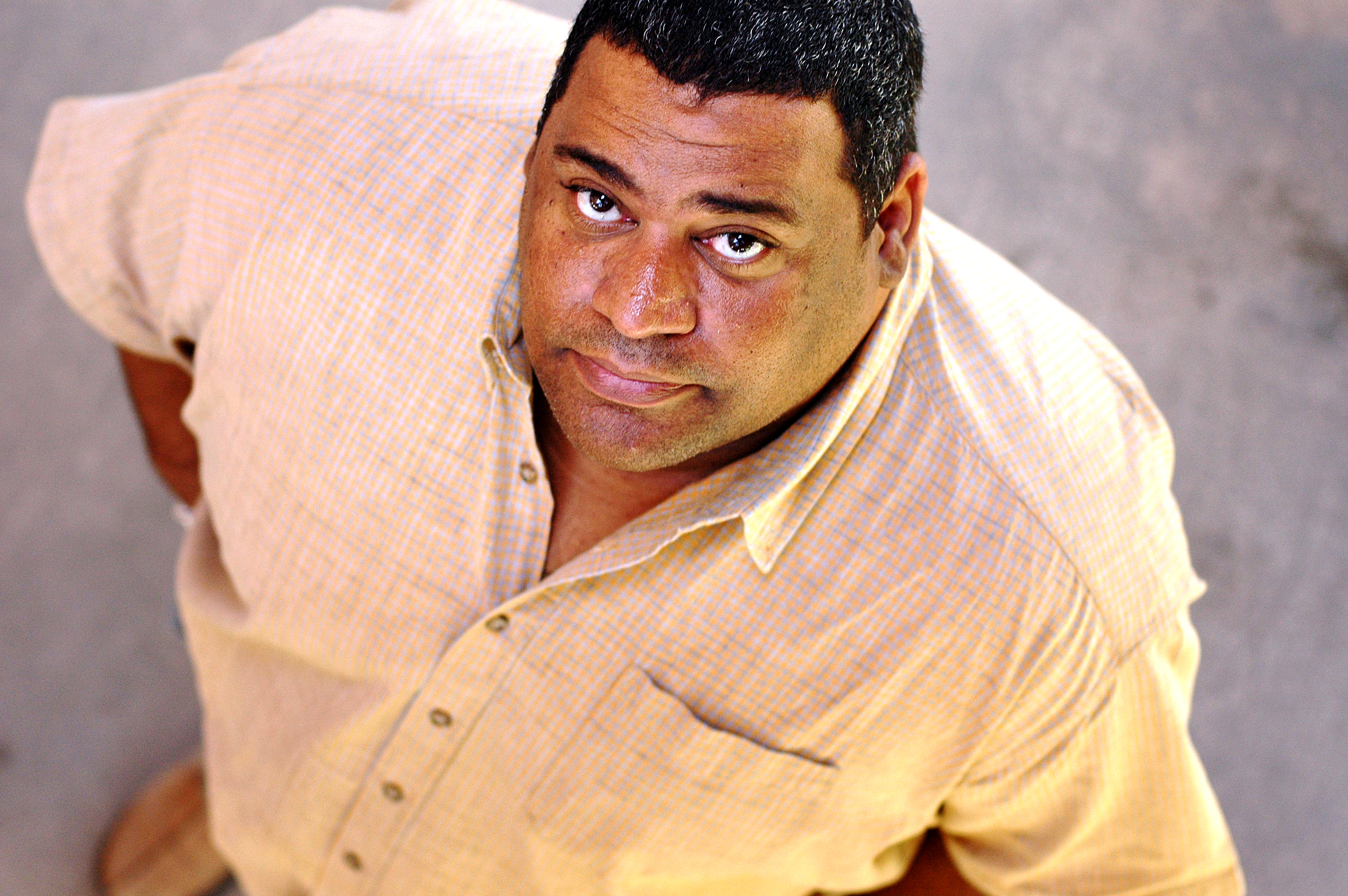Although Nigerian author Chris Abani had no political agenda in mind when he was imprisoned for publishing his first novel about a military coup in Nigeria at the age of 16, he has since embraced his reputation as an activist.
Addressing such issues as social justice, gender and post-colonialism in his writing, Abani has won numerous awards including the PEN USA Freedom-to-Write Award.
He will speak at the Fowler Museum on Thursday at 7 p.m. about the art scene in Africa, particularly the Nigerian film industry.
Abani left Nigeria in 1992 and currently resides in Los Angeles and teaches creative writing classes at UC Riverside. He recently spoke to the Daily Bruin’s Paige Parker about “excavating stories that people want to forget,” encouraging others’ voices and misunderstanding Africa.
Daily Bruin: You started addressing controversial issues at a young age. What led you to address such socially and politically controversial topics?
Chris Abani: I’m not one of those kinds of writers. I started writing when I was very young. I published my first novel when I was 16, so I’ve always sort of been writing in a way. Nothing really triggered me to write, sadly.
I wish I had some life-changing moment that triggered me to write. But I’ve always written.
DB: In terms of your activism in relation to your writing, how do you hope the people who read your work that contains social or political messages are affected?
CA: Well, two things: I want people to read my work and just really enjoy it; but also, I think when I started I thought I could change people’s minds. But I think I hope that the books will touch some kind of vulnerability in the reader and connect them in a very human way with the circumstances and the characters that I write about. And whatever that does, whatever kind of rhetoric that creates, it’s more than I can ask for.
DB: You’ve won several awards, held bold political stances and developed the Black Goat poetry series, publishing underrepresented voices. How have you been able to take your passions and make a difference?
CA: Well, I started off with a rhetoric ““ a matter of speeches and arguing about trying to change people’s minds. But the older I got, I began to realize that (although) that is very important because that gets people’s attention certainly, I was looking for a more effective way. So for me, basically what it meant was trying to create access for others to places that I wanted to open up. So for example, when there was the Black Goat, I felt that certain types of voice never got a chance to be heard. … So literally, just trying to open one door and then let those who come through open it wider and wider behind them, and then molding different projects in that way so that it’s less about my ego and my concern and more about trying to create something that is useful but does not depend on you to exist.
DB: Critics call you “courageous” for writing what many others may stray away from. What allows you to write with such boldness?
CA: What my voice lends itself to or really interests me is excavating stories that people want to forget to raise the question, “Why are we trying to pretend that these things never happened?” or “Why are we trying to forget them?” And to recognize that in order to pass through trauma we have to first look it in the face. And so, that’s what my work is. I don’t know that I’m courageous or bold. I know that that’s the only way I know how to write, is to kind of go into the heart of a life and expose it. But … I don’t think it’s any more important than anyone else’s writing. I just think that altogether it makes for a more complete world, if that makes sense.
DB: Now that you live in the U.S., what would you say is your connection to Africa?
CA: I actually haven’t been back to Nigeria since I left, but I’ve been back to many, many countries in Africa and I go quite often ““ particularly places like South Africa. I feel that if I can in any way bring attention to the literature of Africa ““ because the news does not tell the whole story, so I wanted to bring attention to literature. That’s my deepest connection to it. I do write about the place I live because I think more and more we are global citizens. We don’t belong to any one place. We belong to every place. And so my novel, “The Virgin of Flames,” is actually set in eastern Los Angeles and addresses the concerns of America that way. So I go wherever I think a story calls me to.
DB: Are there specific issues in Africa you wish people in the U.S. were more aware of?
CA: I just wish that they would realize we’re talking about human beings and that we’re talking about countries and ethnic groups and not a big continent. And there are class differences and there are ethnic differences. So in other words, if we could stop talking about Africa as a shameful cousin in the attic, but rather as an opportunity to always examine our own courage in our own hearts.
